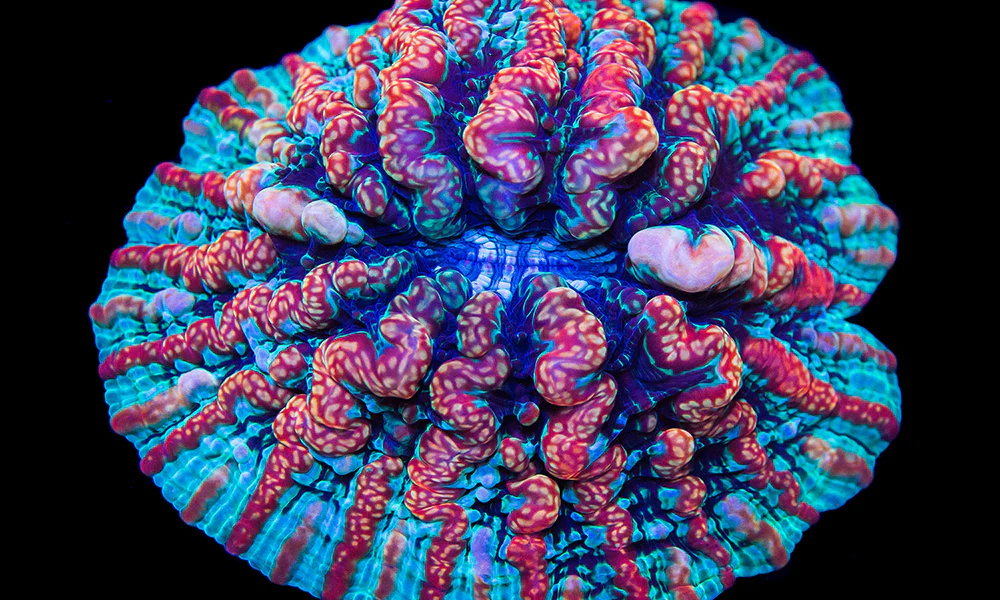August 7, 2025

In a groundbreaking marine conservation effort, researchers have successfully engineered coral to withstand the rising ocean temperatures and acidification caused by climate change. Using CRISPR-Cas9 technology, the team modified genes associated with heat tolerance and symbiotic algae retention, both of which are critical for coral survival.
The study, led by Dr. Rafael Ortega at the Australian Institute of Marine Science, involved editing the genome of Acropora millepora, a reef-building coral species highly vulnerable to bleaching. Laboratory tests revealed that the engineered coral maintained its symbiotic algae and photosynthetic efficiency even after prolonged exposure to water temperatures 3°C higher than its natural tolerance range.
“This approach gives us a powerful new tool to preserve biodiversity in reefs that would otherwise collapse within decades,” says Dr. Ortega. “While it’s not a replacement for reducing carbon emissions, it can buy us critical time.”
Beyond survival, the edited corals also showed increased skeletal growth rates, which may help reefs recover more quickly from storm damage and other environmental stressors. The team is now working with conservation agencies to pilot controlled field trials in degraded reef zones.
The development has sparked ethical debates about human intervention in wild ecosystems, but many experts see it as an essential measure to prevent the loss of one of Earth’s most diverse habitats.
Australian Institute of Marine Science Press Release (Aug 2025)
Science Advances, “Genetic Engineering for Coral Climate Resilience” (2025)